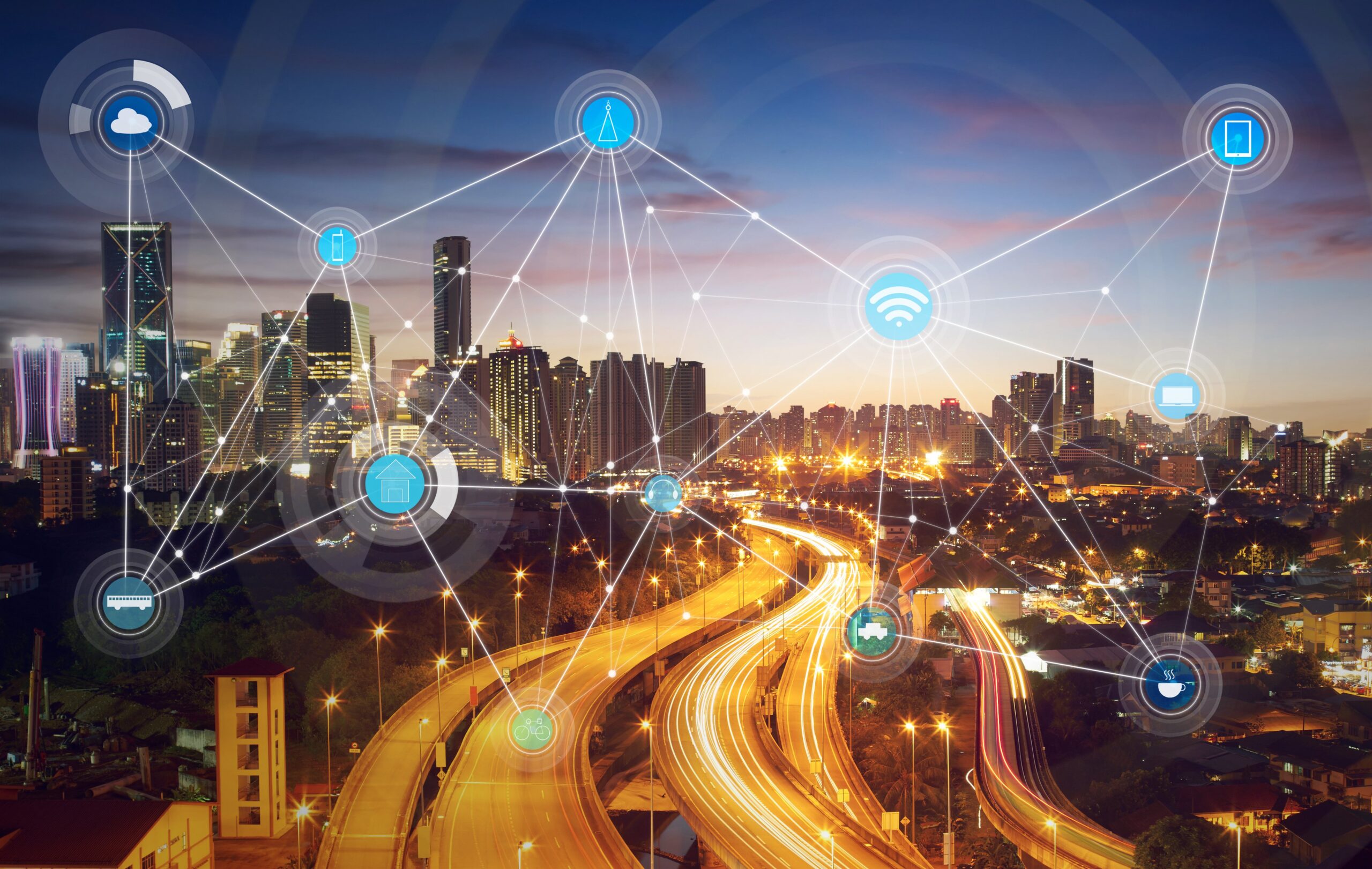Urbanisation in a Digital World: The Importance of Cities

Why Virtualisation of Services is a Game Changer for the Future
February 28, 2023
Is ChatGPT the new Google?
May 9, 2023
Urbanisation in a Digital World: The Importance of Cities
The growing urbanisation has seen over half of the world's population living in cities. This has made cities the centres of economic and social influence. This has also impacted the digital world, with the digital revolution creating a hyper-connected and collaborative society that ensures smooth relationships among the people living in the city.
This is what the smart city is all about. The smart city is championing a digital transformation that will ensure smooth operation among city dwellers. Read on to understand how smart city has embraced digital technology to impact the lives of people in the city.What is a Smart City?
There are several ways you can define a smart city. According to IBM, a smart city uses all the interconnected information available today to understand and control its operation while optimising the use of limited resources.
In short, a smart city uses information and communication technology to improve operational efficiency, which helps address urban challenges and create a sustainable infrastructure to help solve these problems.
A smart city helps optimise city functions and promote economic growth while using digital technologies to improve the quality of life for citizens.
Impact of Digital Technology on the Productivity of a City
With cities generating 80% of the population, there's a rise in productivity as cities aim to function effectively to cater to the needs of city dwellers. However, when cities cannot effectively manage growth, a decline in city services can lead to increased costs and poor business and living environments.
This reduces the productivity of businesses and citizens, leading to low opportunity cycles. On the other hand, digital technology has come in handy to help cities and citizens breakout productivity problems. The smart city movement mainly champions digital's role in shaping urban life. This has enabled citizens to adapt and develop economic models to live sustainably in the city.
Digital technologies also improve productivity by providing transparent business environments, access capital, and other tools, including business management, marketing, and service delivery tools. City governments ensure they create supportive policy environments and provide infrastructure and investment support services to allow business productivity.
The city governments also ensure they reduce corruption and increase accountability by providing the local taxes they collect are spent according to the law to improve business productivity.
Smart Cities Improve Quality of Life
A smart city is an urban environment that should provide residents with a high quality of life while generating economic growth. The city offers joined-up services to citizens without taxing them heavily on the infrastructure. This reduced infrastructure cost improves the future population growth in urban areas since there's high demand for infrastructure and assets.
Smart city services and applications allow these improvements, leading to a higher quality of life among city dwellers. In addition, smart city improvements increase the value of existing infrastructure, creating more revenue streams and operational efficiencies, and allowing city governments and citizens to save money to better their lives.
Smart Cities are Sustainable
Smart cities aim at improving efficiencies in urban areas and the welfare of their citizens. That's why they offer many environmental benefits, including smaller geographical footprints and negative impacts, such as the use of fossil fuels to power them. But using smart technologies eliminates the negative impacts by implementing modern technology, such as using electric transport systems to reduce emissions.
Creating smart technologies for urban areas provides many benefits, including sustainability, improved productivity, high quality of life, etc. By using the correct support and infrastructure, smart cities can enhance the lives of residents and create joined-up living solutions for the growing urban population.